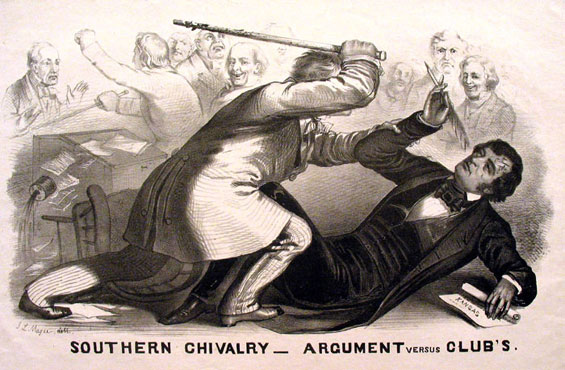
There seem to be two main camps of Canadians invested in politics today: those who are pro-Conservative and those who are, to the very core of their being, not.
When ideologies form drastic dichotomies like this, it’s easy for the two sides to confuse each other, since it seems obvious to everyone that the side they align with must be the correct one. It doesn’t make sense that so many people should hold beliefs so removed from the truth, after all. In order to conceptualize the other side, many people form a simple, but extreme, image in their head that represents the other side as a whole. For the sake of dealing with the concept of the other side, this seems like a useful thing for the mind to do. But this does nothing for actually understanding the other side. Because the other side is not merely conceptual, reducing so many people to caricatures of their political beliefs can only lead to more mutual misunderstanding.
One of the criticisms of Conservative candidates this election period is that too few of them attend public debates. In the online comments under a recent BurnabyNow article (which is just a transcription of a fruitless attempt to schedule an interview with some of those absent candidates), a commenter going by the pseudonym “Realist” attempts to refute what the transcription reveals, calling it “lazy, activist journalism.” But Realist reveals that he or she has not read the transcription very carefully when they call out the writer, Jennifer Moreau, for unscrupulously posting the phone number of a Conservative communications person — when it’s really just Moreau telling the employee her own number.
The Realist pseudonym brings to mind an episode of Parks and Recreation in which there is a religious cult that calls themselves the “Reasonablists” so that nobody can criticize their groundless ideas without sounding stupid. In the same vein, Realist is the real-life Conservative caricature that non-Conservatives visualize: an angry, anti-journalism, anti-activism reactionary who makes bombastic, misinformed arguments, but still insists that their reasoning is golden and therefore cannot be reasoned with.
Funnily enough, Realist’s condemnation of the article shows how he or she perceives Moreau as the non-Conservative caricature: a nosy, dishonest activist using the media to further her own impractical agenda, which of course involves forcing people —such as Conservative candidates — to do something they neither want nor should have to do — such as participate in more public debates.
It sounds like both caricatures seek freedom in ways that the other sees as infringing on their own. The Conservative one wants freedom from instability, such as that caused by losses of power and drastic systematic changes, which journalists could trigger and which activists desire.
On the other hand, the non-Conservative one wants freedom from oppressive forces like misinformation, arbitrary power, and the status quo, all of which contribute to people like Realist’s comfort and sense of the world. With this scheme of how the two sides clash, it should be easy to find where differences could resolve. In fact, if we could just find a way to compromise and allow for both senses of freedom to thrive, political disagreements might not be so heated or so numerous.
Unfortunately, a person’s views cannot always be reduced in such a clear-cut, one-or-the-other way. For example, one could easily support Bill C-51 for fear of terrorism while opposing the census because it seems like Big Government wants to stick its nose into everything. Humans hold fucked-up, contradictory opinions all the time, and these caricatures aren’t true enough to life that they can usefully serve as models for critiquing those opinions. They are nothing more than strawmen, and it’s important to realize that before debating seriously with somebody. If anyone really wants to critique the other side — and not just their concept of the other side — they must engage with the views that the other side actually holds and expresses.
Of course, it’s pretty hard to engage with those views if candidates won’t participate in public debates. Politics, am I right?


